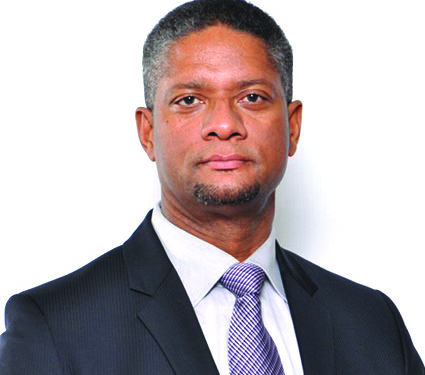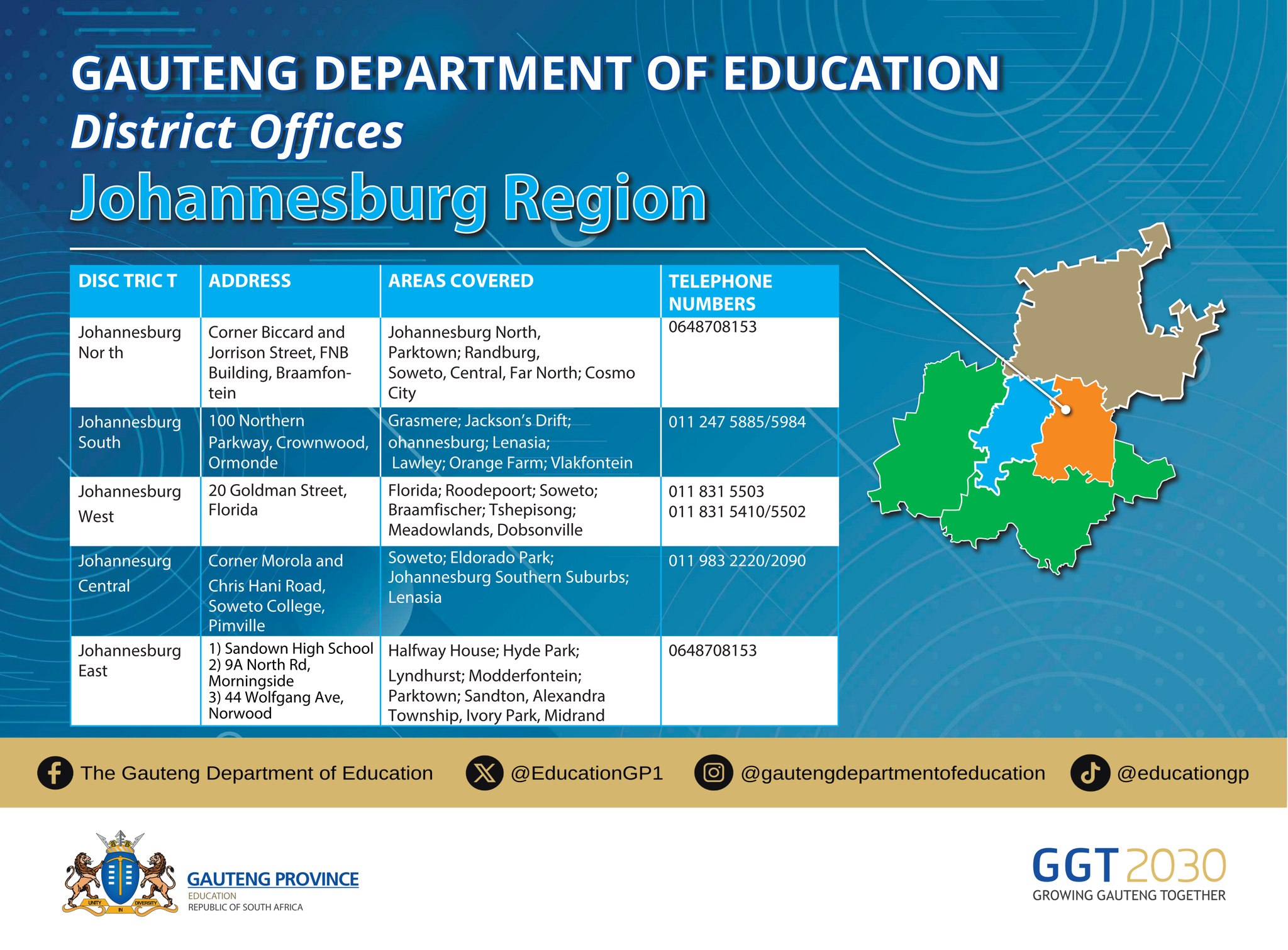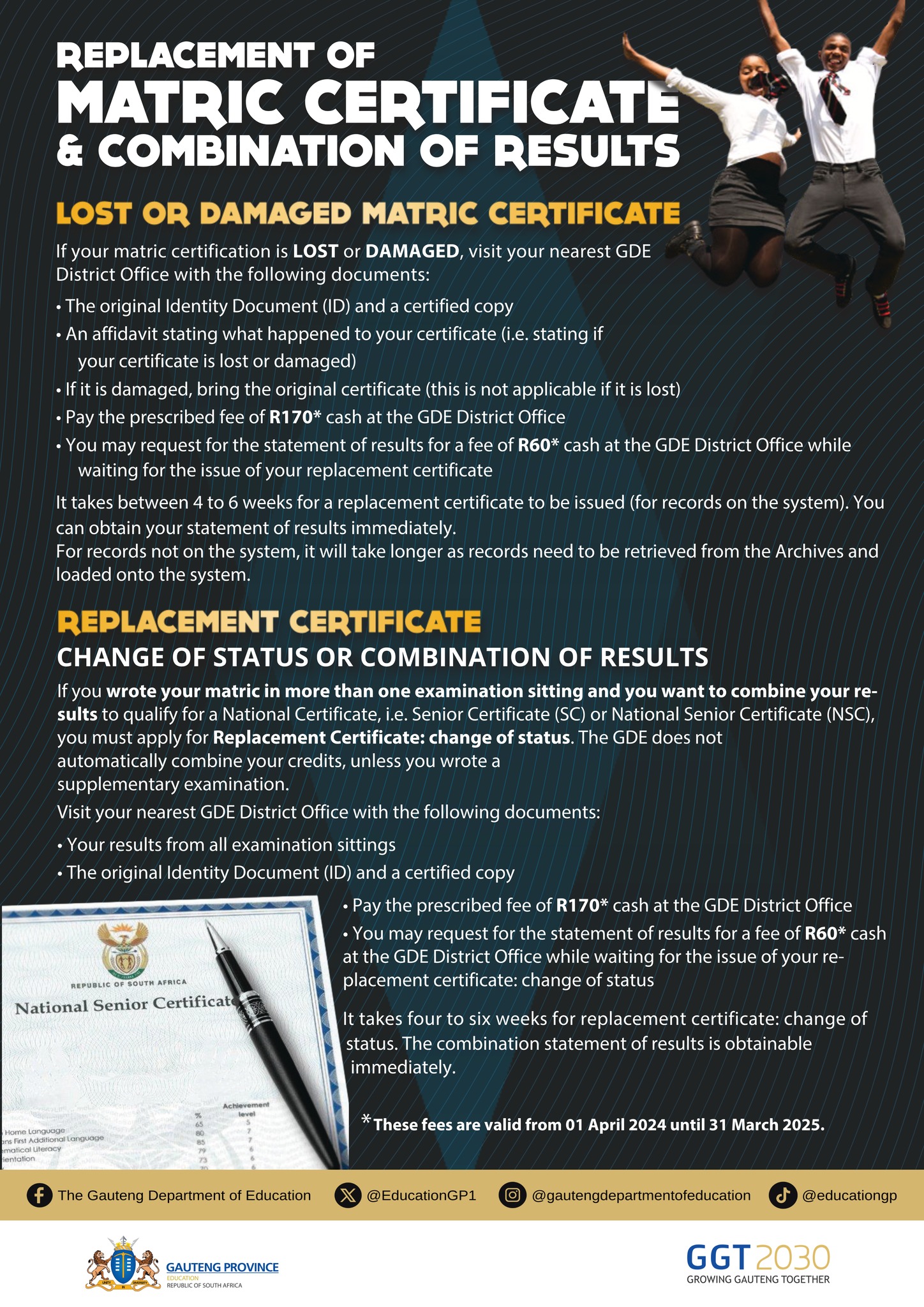By Mzukona Mantshontsho
Auditor-General (AG) Tsakani Maluleke reported R26 billion in irregular expenditure and raised concerns about the ongoing use of consultants.
Spoke to Founder at Peter Goss (Pty) Ltd. Professor Peter Goss about the AG Report and what we should take away as a country.
Were you surprised by the AG Report?
I am not particularly surprised by the consolidated general report on the local government audit outcomes (MFMA 2019/2020). The report focusses, as we’ve come to expect year-on-year, on financial management, compliance with key legislation and the integrity of performance and reporting in relation to service delivery.
In essence, it outlines the state of financial governance in municipalities. Financial governance and effective service delivery are central to good corporate governance in local government. The major challenge for this sector is mismanagement and abuse of financial resources, a dearth in transparency over the utilisation of public funds and substantial failings in the accomplishment of service delivery outcomes. This is exacerbated by the absence of accountability for dire government failings.
How do we fix this given the fact that we hear of these billions every year?
The opportunity to consolidate municipalities has not yet passed us by. We simply don’t have the depth of financial management, service delivery project management and corporate governance know-how in the local government sector to service all our municipalities.
Most municipalities have to call in consulting accountants to prepare their financial statements. This is made worse by the fact that in-sources personnel are at the helm of many service delivery projects running into hundreds of millions of rands. Finally, the system of governance, monitoring and oversight is simply not functioning. Competency and consistency in staffing is critical for effective, transparent and reliable financial, project and corporate governance. So, a substantial solution requires the appointment of full-time, long-term heads of, and supporting personnel for finance, supply chain management and service delivery project management.
What initiative (if implemented) would leave the greatest impact for South Africa in terms of Auditing Standards?
One of the major failings in corporate governance in South Africa is the absence of a culture of stewardship. In stewardship, business leaders, managers, employees, suppliers, financiers, and even shareholders work together for the long-term success of a company and society at large. The business sector is driven by short-term profit as opposed to long-term sustainability. Short-termism id fraught with management self-interest (in other words, the next performance bonus). Driving this behaviour are shareholders, financiers and investors who are in business for the literal ‘quick buck’.
What will mitigate it is the revision of our corporate governance model. A shareholder dominated corporate governance dispensation drives the business sector. Narrow shareholder and management self-interest deprive us of socio-economic development. I intend to continue to advocate for stewardship in corporate governance because it will have the greatest socio-economic impact in the long-term.
What would you change if you had all the powers in the world?
One mammoth task is getting business and political leaders who either control or own the wealth, and who are making and implementing policy and strategy to understand that the average South African is not the more vocal, advantaged ‘middle-class’ earner living in a secure gated community. National minimum wage scenarios tell us that the average South African earns less than R3,500 per month.
Founder at Peter Goss (Pty) Ltd. Professor Peter Goss.










